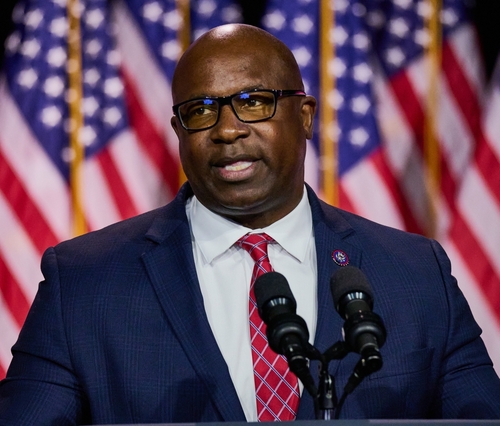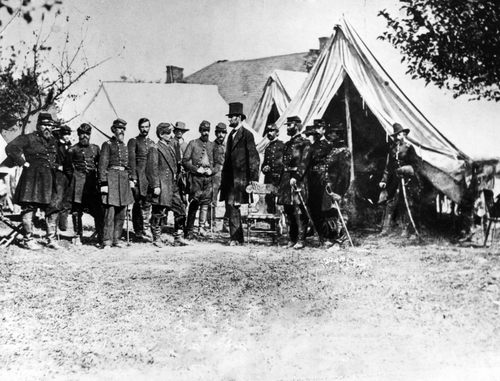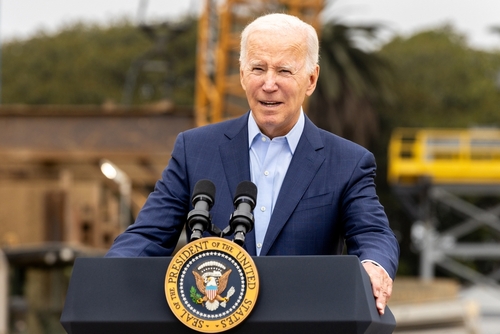
George W. Bush Proposed As Next House Speaker
Rep. Brad Sherman (D-CA) has suggested a solution to the recent chaos in the House of Representatives – filling the vacant Speaker of the House seat with former President George W. Bush.
Dem Rep. Suggests George W. Bush For Speaker Of The House https://t.co/hJeIemaQAB pic.twitter.com/6TvNu4Ufo1
— Daily Wire News (@DailyWireNews) October 17, 2023
Sherman made this proposal during a recent interview with the “Forbes Newsroom” podcast. While acknowledging his disagreements with Bush over the Iraq War, Sherman believes that having a reasonable Republican in the Speaker role could help restore order to the House.
He pointed out that this could be especially beneficial if it meant ending the influence of “the most extreme Republicans blocking important legislation.”
Speaking about the possibility of Bush becoming House Speaker, Sherman stated, “He could come back. Obviously, I’m not a real fan of how the Iraq War went, but I would think that any reasonable Republican would be somebody that Democrats could work with — if it was part of a system where you didn’t have five of the most extreme Republicans blocking important legislation and saying, ‘If you bring that to the floor for a vote, we’ll knock you out of your Speakership.’”
After former Speaker of the House Kevin McCarthy (R-CA) was ousted by Republicans last month, the House has been unable to vote on crucial matters, including pending fiscal year 2024 spending bills, preventing a government shutdown and providing aid for Israel’s conflict with Hamas.
Last week, House Republicans nominated Rep. Jim Jordan (R-OH) to become the new Speaker. Jordan, the chairman of the Judiciary Committee, secured the GOP nomination in a 124-81 vote after two rounds of secret ballots. In a second secret ballot to gauge support for Jordan in a House floor vote, Republicans voted 152-55.
However, Jordan faces a challenge in securing enough support for a majority in a chamber-wide vote. Sherman expressed his concerns about Jordan’s suitability for the role but acknowledged his strong backing from former President Donald Trump.
For Sherman, Republicans could go for alternative choices for the Speakership position in Bush and Sen. Mitt Romney (R-UT), both of whom he described as “traditional” Republicans. He emphasized that what matters most is the program and the commitment to allowing bills to pass and receive an up or down vote in the House.
It is worth noting that while Bush is no longer a sitting member of Congress and hasn’t held elected office since 2009, the rules of the U.S. House of Representatives do not require the Speaker to be a current member, though they have historically been elected officials.
The House is expected to vote for the new Speaker soon, with Rep. Patrick McHenry (R-NC) currently serving as speaker pro tempore in the interim. Jordan has garnered significant endorsements from key Republican figures, including Trump, McCarthy, members of the House Freedom Caucus, and House Armed Services Chairman Mike Rogers.




